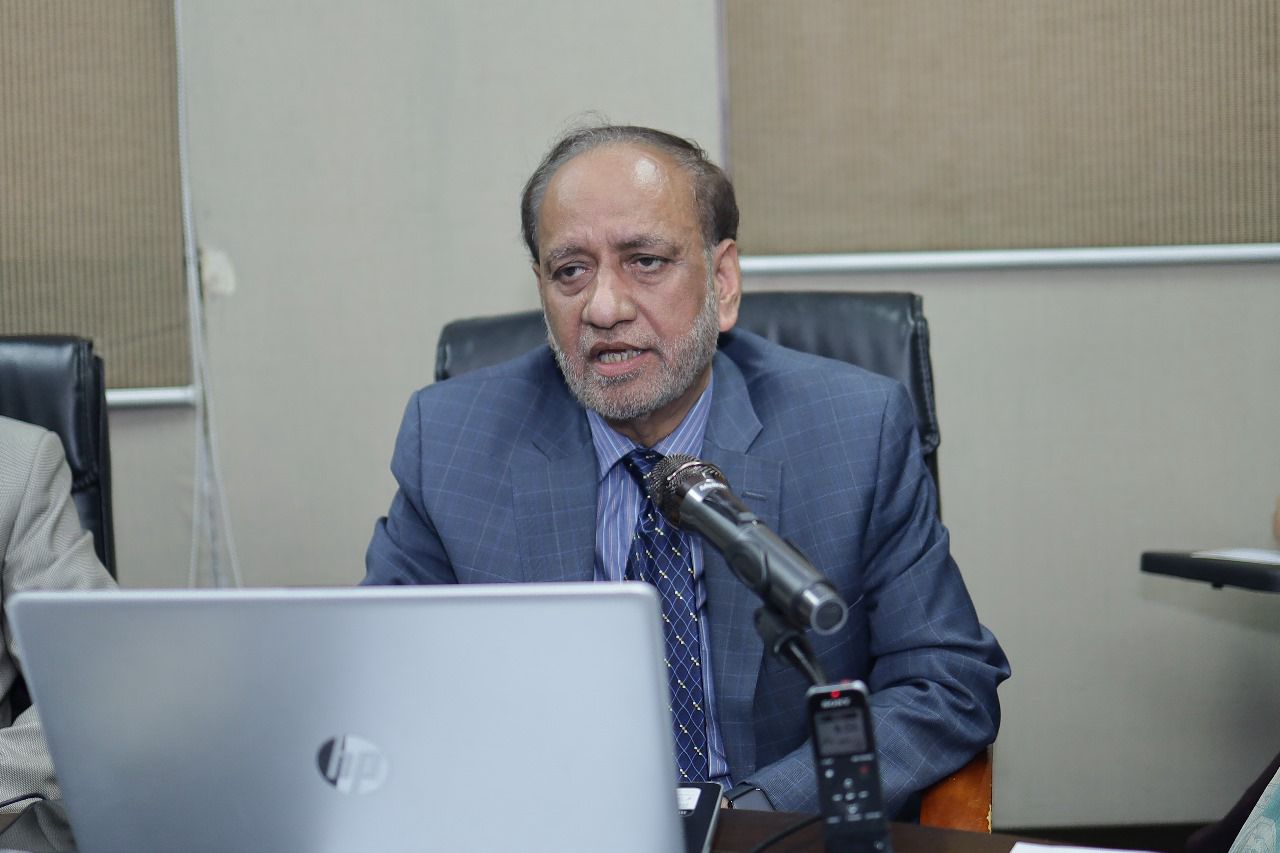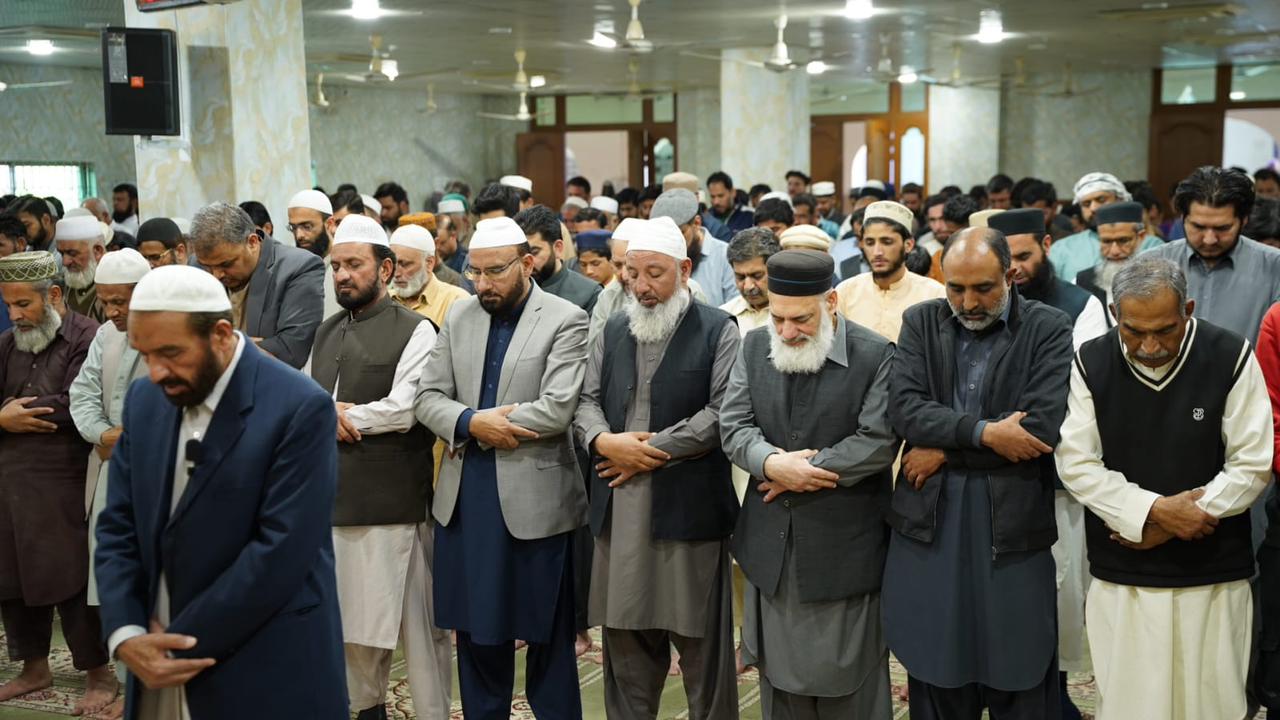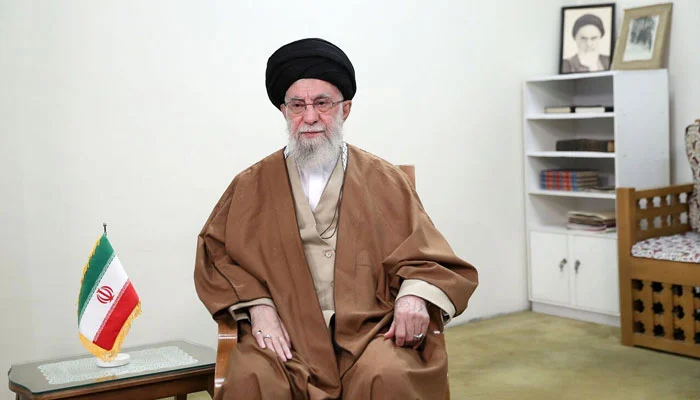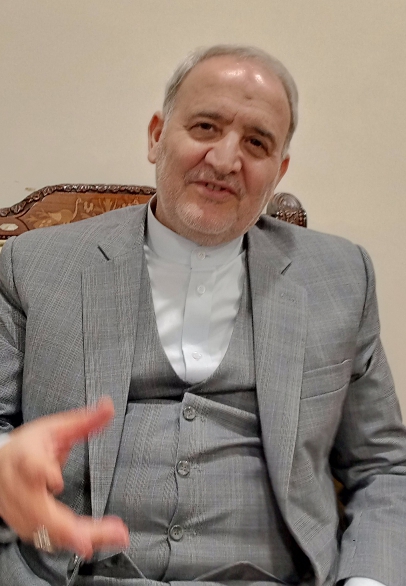Islamabad
ESaR Trust, in collaboration with Riphah University, organized a roundtable on “Foreign Policy and National Security,” bringing together prominent experts, academics, and policymakers to reflect on Pakistan’s evolving strategic priorities.
The session was presided over by Lt. Gen (R) Naeem Khalid Lodhi, with key contributions from Maj. Gen (R) Samrez Salik, Ambassador (R) Syed Abrar Hussain, Dr. Razia Sultana, and Dr. Rashid Aftab. آAnd Dr. Ejaz Shafi Gillani made a special address.
In his opening remarks, Syed Belal, President of ESaR, emphasized the ongoing global transformations and their far-reaching consequences for Pakistan’s foreign policy and national security.
The roundtable produced several thoughtful and forward-looking recommendations, including:
- The global order is transitioning from a unipolar to a multipolar world, though the shift is still incomplete. This creates uncertainty for smaller states like Pakistan, which must make timely, informed decisions.
- While determining Pakistan’s strategic direction—whether aligning more with the East or West—factors such as historical consistency in relations, geographic realities, regional influence, common adversaries, and emerging global power trends must be considered.
- South Asia’s tilt from Indian-centric to China-centric dynamics opens new opportunities for regional cooperation and development. Pakistan should strategically leverage this shift.
A comprehensive report, including detailed recommendations, will be prepared and shared shortly.
The outcomes of the roundtable will be formally compiled and communicated to relevant institutions to meaningfully contribute to Pakistan’s ongoing policy discourse.




